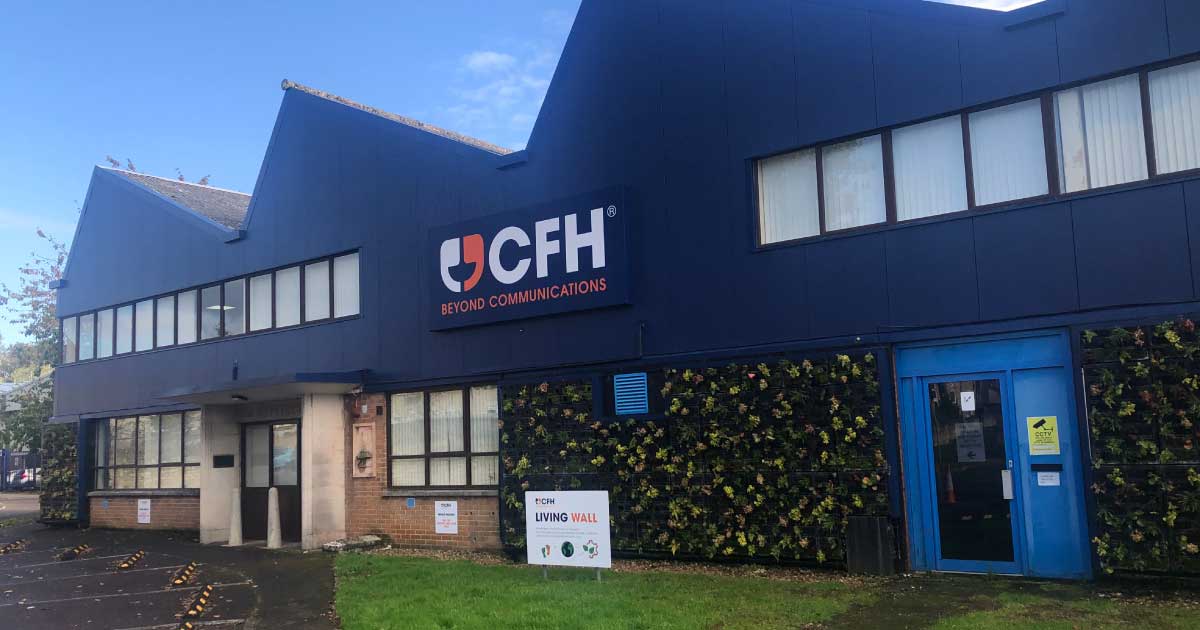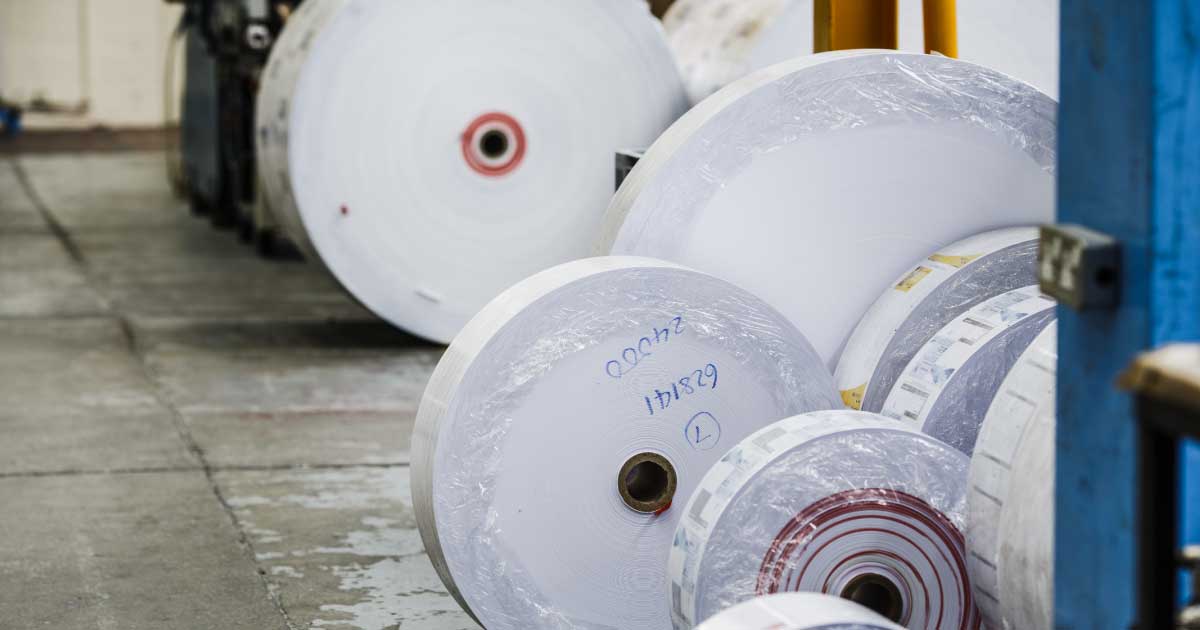With millions across the UK working, shopping and banking electronically, it seems a natural development for financial communications to migrate into the online space. However, is this a realistic ambition for pension providers and administrators, with paper communication still a favoured format for so many scheme members? As organisations look to ‘go green’ and reduce their carbon footprint, we’ll explore some key inclusivity issues surrounding the transition to online pension communications.
Sustainable values are being embraced everywhere around us, from how we choose to commute to work, to the household appliances we use daily and the ways in which they’re powered. This of course extends to forms of communication, with many organisations opting to embrace paperless operations, promote online platforms or even move to a completely digital model in some cases.
Though in practice this is a commendable step for many finance SMEs and large businesses to take, the decision-making process is far from simple for pension providers and administrators, with various factors to consider.
There’s no denying that we’re entering a period in which pension information is increasingly being pushed to digital formats. Incentives such as the Pensions Dashboards Programme, a government scheme to provide digital access to pensions information online in one place, promise to change the way we access pension details.
For those that oversee pension schemes, there is a requirement to reach a large pool of members who often aren’t digital natives, or simply prefer the assurance provided by traditional physical mail. A switch to complete digital delivery, though seen as more environmentally friendly, risks isolating a section of this demographic. So, what are the alternatives?
It remains true that for pension providers and administrators there isn’t strictly a target demographic or single group to pinpoint when crafting communications. As of 2023, 20.8 million individuals in Great Britain were enrolled in a workplace pension scheme, meaning a mix of ages, career stages and most strikingly, communication preferences. A one-size-fits all communications approach is rarely satisfactory for this very reason.
A common preference among scheme members is that their pension correspondence be delivered in the most sustainable way possible. In an ongoing climate crisis, people want to actively play a part in making a difference. The push for digital communication in accordance with this is a well-intentioned one – but do the facts back up the perception that online delivery is always the green way to go?
During 2020, the IT industry accounted for 4-6% of global electricity use in 2020, which is more than 2% of global greenhouse gas emissions. The adoption of energy-consuming IT systems and cloud data centres has only increased during the 4 years since, marking a worrying trend.
The ‘paper vs pixels’ debate is unlikely to end any time soon, but the idea that paper production must be drastically reduced to save the planet is worth examining. With circularity, responsible sourcing and recycled materials at the fore, paper production can be a sustainable process. As the global not-for-profit organisation Two Sides explain, paper is a uniquely renewable and sustainable product, with the main raw material, wood, grown and harvested in a carefully controlled and environmentally conscious manner.
While many sectors within the wider financial services industry have embraced digital communication, there has been a noticeably slow uptake to migrating fully online for pension services. Whether due to consumer preferences for the tried and tested format of print, or a concern that drip-feeding online messaging could isolate those without internet access or digital literacy, the transition has been gradual.
The introduction of e-delivery for payroll documents, P60’s, annual benefit statements, ad-hoc member announcements and daily reminder communications has been anything but immediate, and there are several possible reasons why.
The importance of choice shouldn’t be ignored by even the most environmentally conscious pension providers. For those overseeing contract-based defined contribution schemes, there’s an obligation to meet requirements set out by The Financial Conduct Authority (FCA). FCA compliance dictates that organisations must offer accessible means of communication to consumers, with options to receive relevant communications in digital or physical formats.
The Consumer Duty Principle makes it necessary for FCA-applicable schemes to supply everything from yearly newsletters to legislative information and personal financial documents in multiple formats if requested.
Away from compliance, scheme members are unlikely to engage with communications if they aren’t happy with the mode of delivery, or comfortable with accessing the content itself. Concerns around cyber-security, especially with huge sums of money often being discussed within, can discourage some from accessing their personal pension information via the web.
Familiarity plays a part too. Marketreach research has found that mail as a delivery format is trusted more than twice as much as comparable digital channels. 49% of respondents within the sample agreed that important information should be sent by mail rather than email.
With all of these considerations, how can pension providers realistically meet proposed targets to become net-zero, all while providing communications to a diverse demographic? Sustainable printing and working with an ethically minded communication partner are a fantastic place to start.
Searching for print providers with trusted accreditations can offer assurances you’re collaborating with an organisation that prioritises environmentally friendly processes. Printing doesn’t need to harm the planet, and here are just some of the reasons why:
Print companies that demonstrate a clear commitment to generating and harnessing renewable energy are setting a precedent, making otherwise energy-intensive processes which are reliant on fossil fuels, a much more sustainable undertaking. Measures taken may include the installation of solar panels and biomass heat pumps or the use of wind turbines on-site.
As the original and best hybrid mail provider, CFH changed the way businesses send their direct mail with the launch of Docmail in 2008. With over 15 years supporting pension sector clients, we’ve overseen a sustainable document output for countless pension administrators, LGPS organisations and private pension scheme stakeholders. Whether through our commitment to responsibly sourcing paper, certified use of an Environmental Management System or championing eco-friendly processes in the print supply chain, we’re the passionate printers with green credentials to match.
Find out just how easy it could be to print and post your personalised ad-hoc or bulk orders to addresses around the country. Be it payroll communications and announcements or annual pension statements, we’re leading the way in sustainable pension communications.







